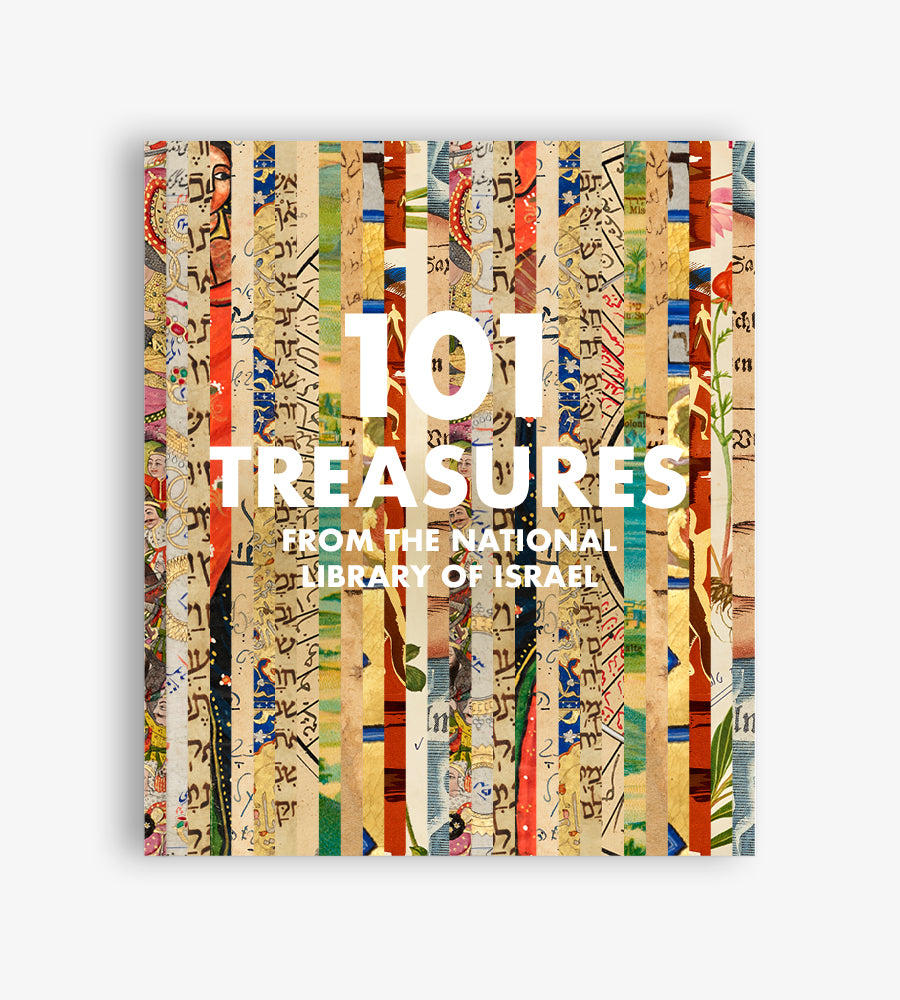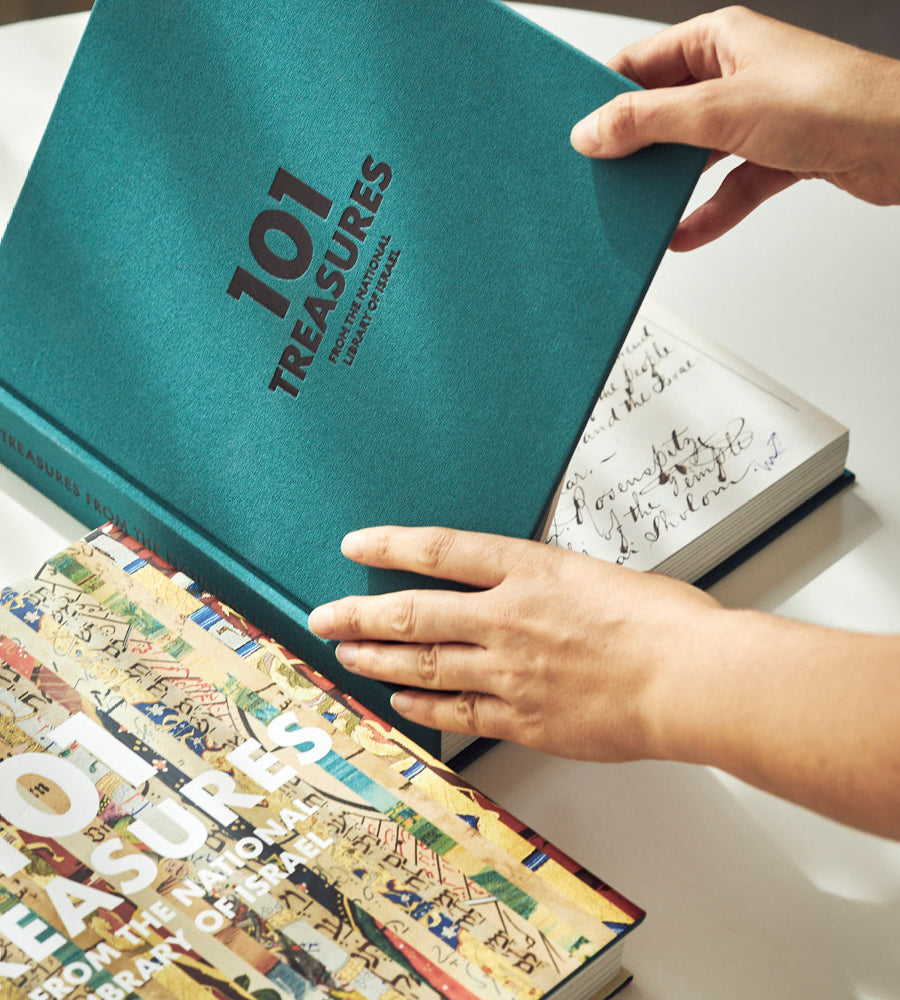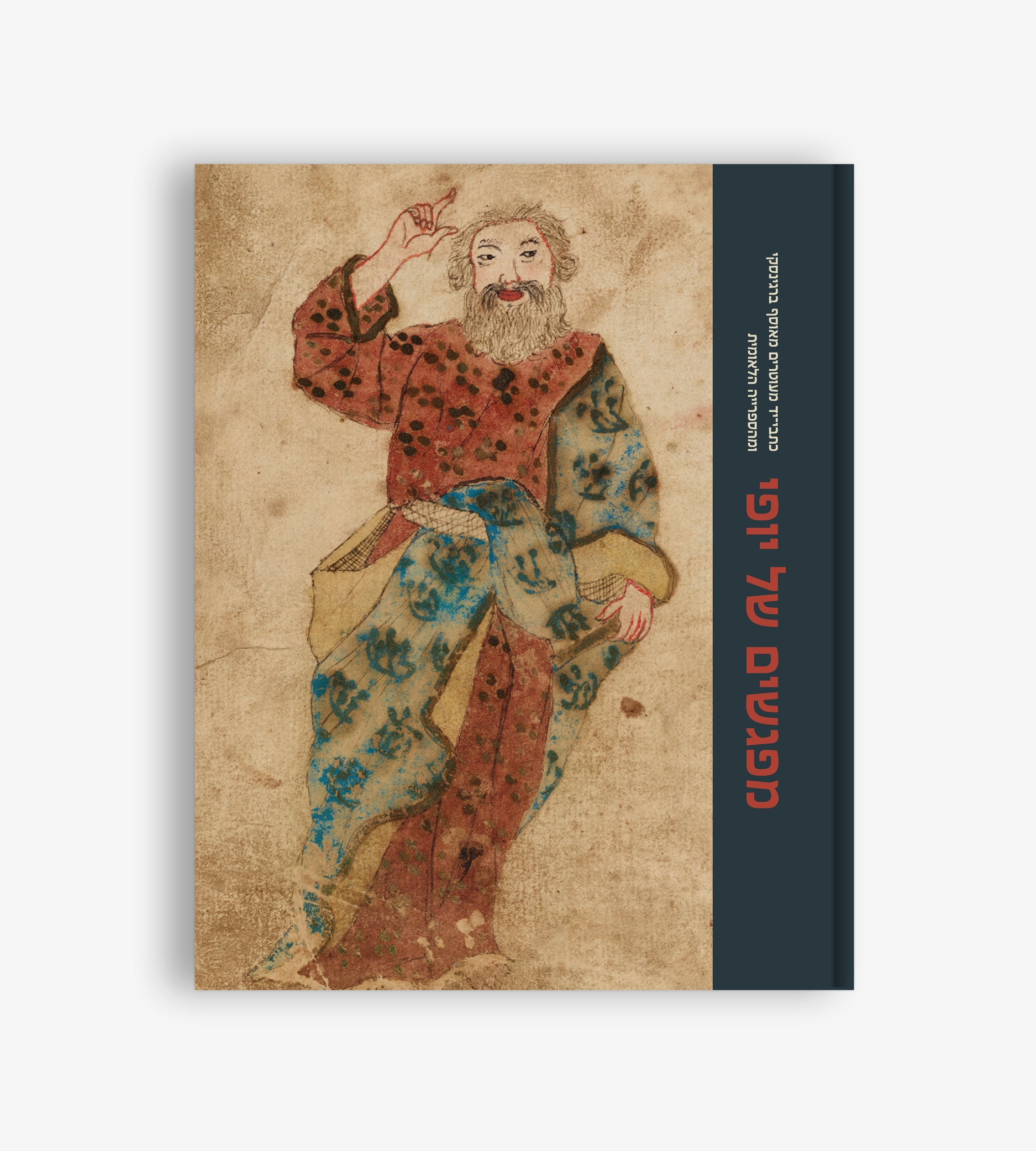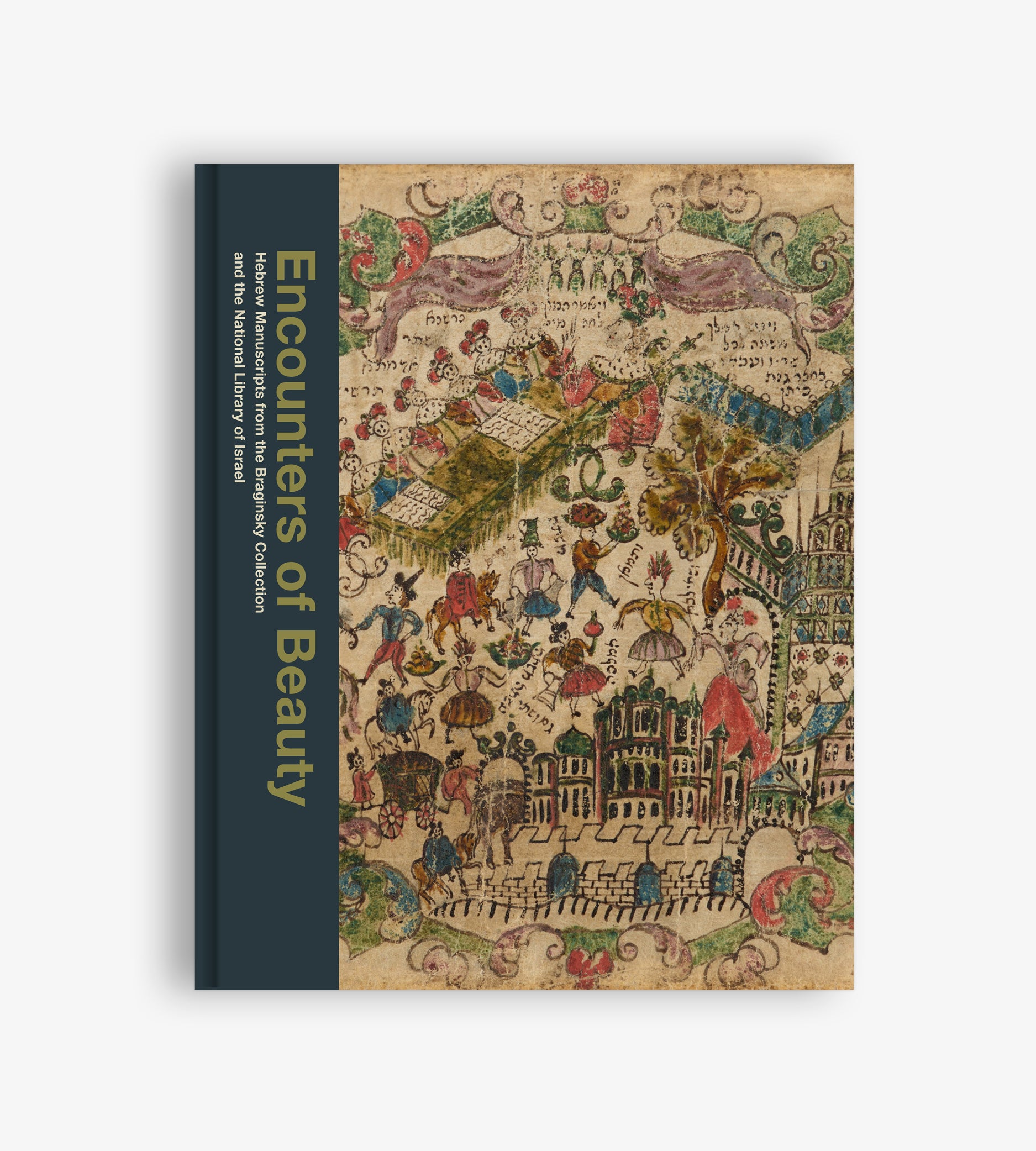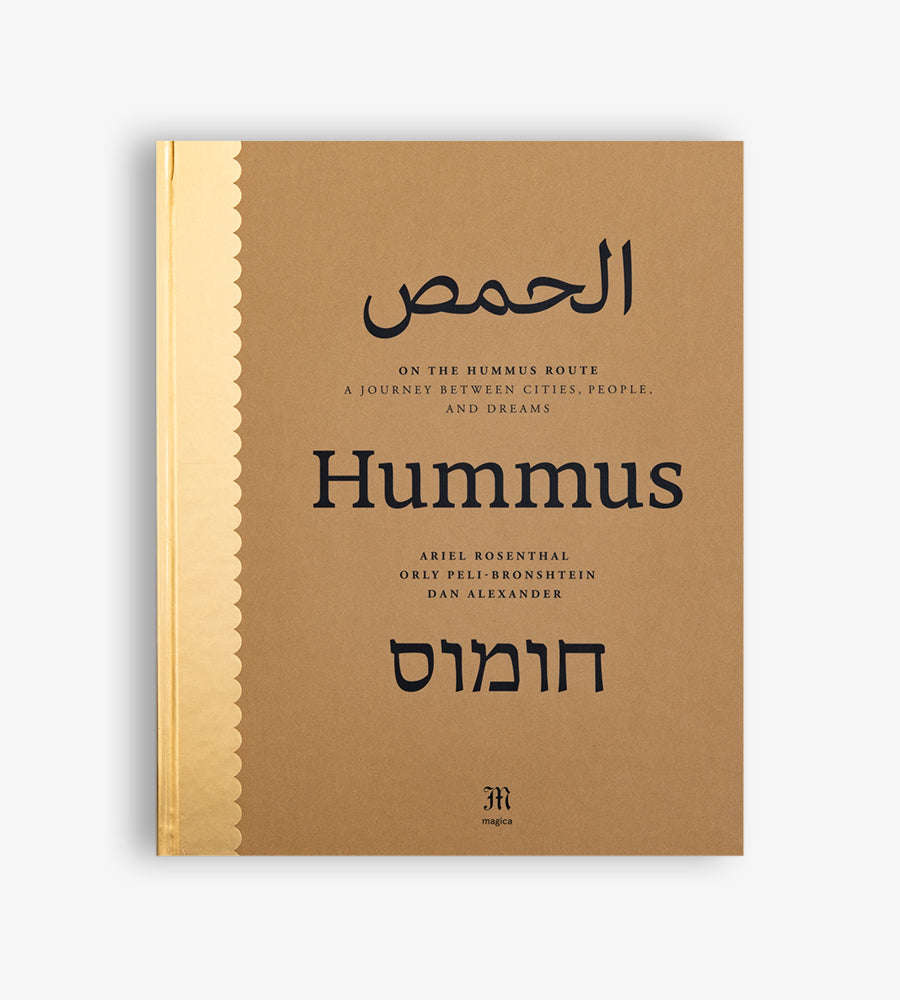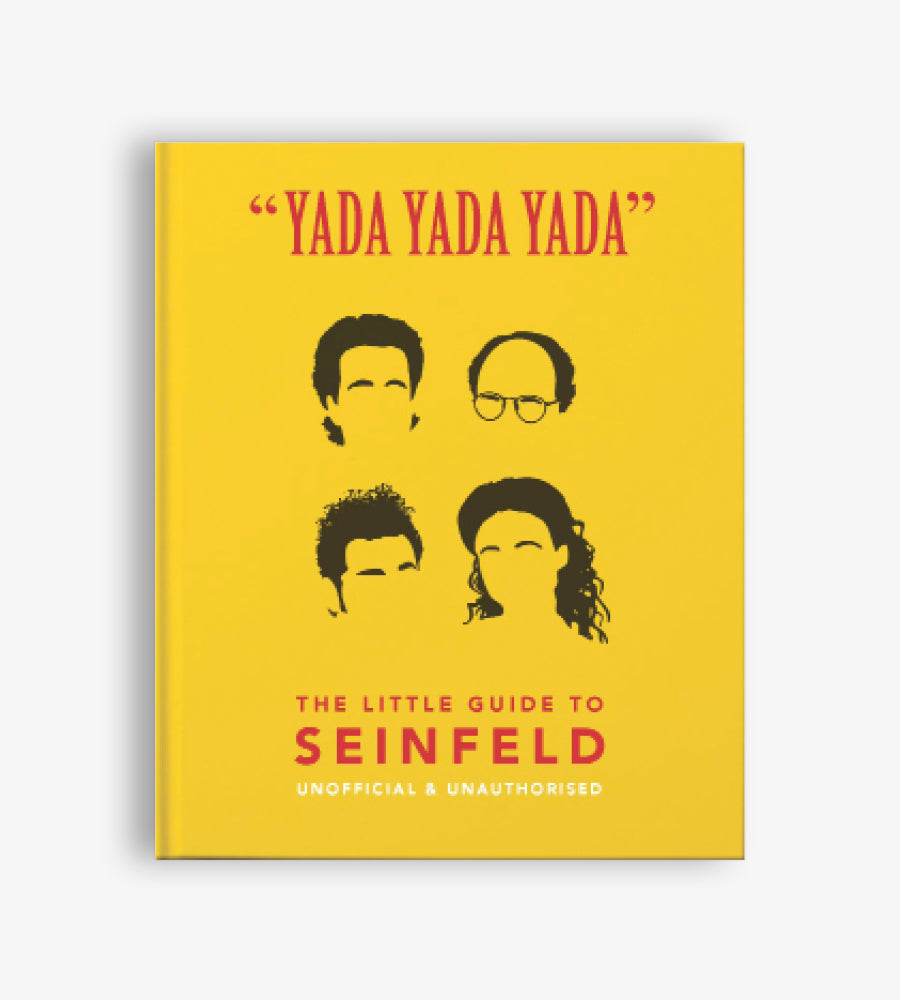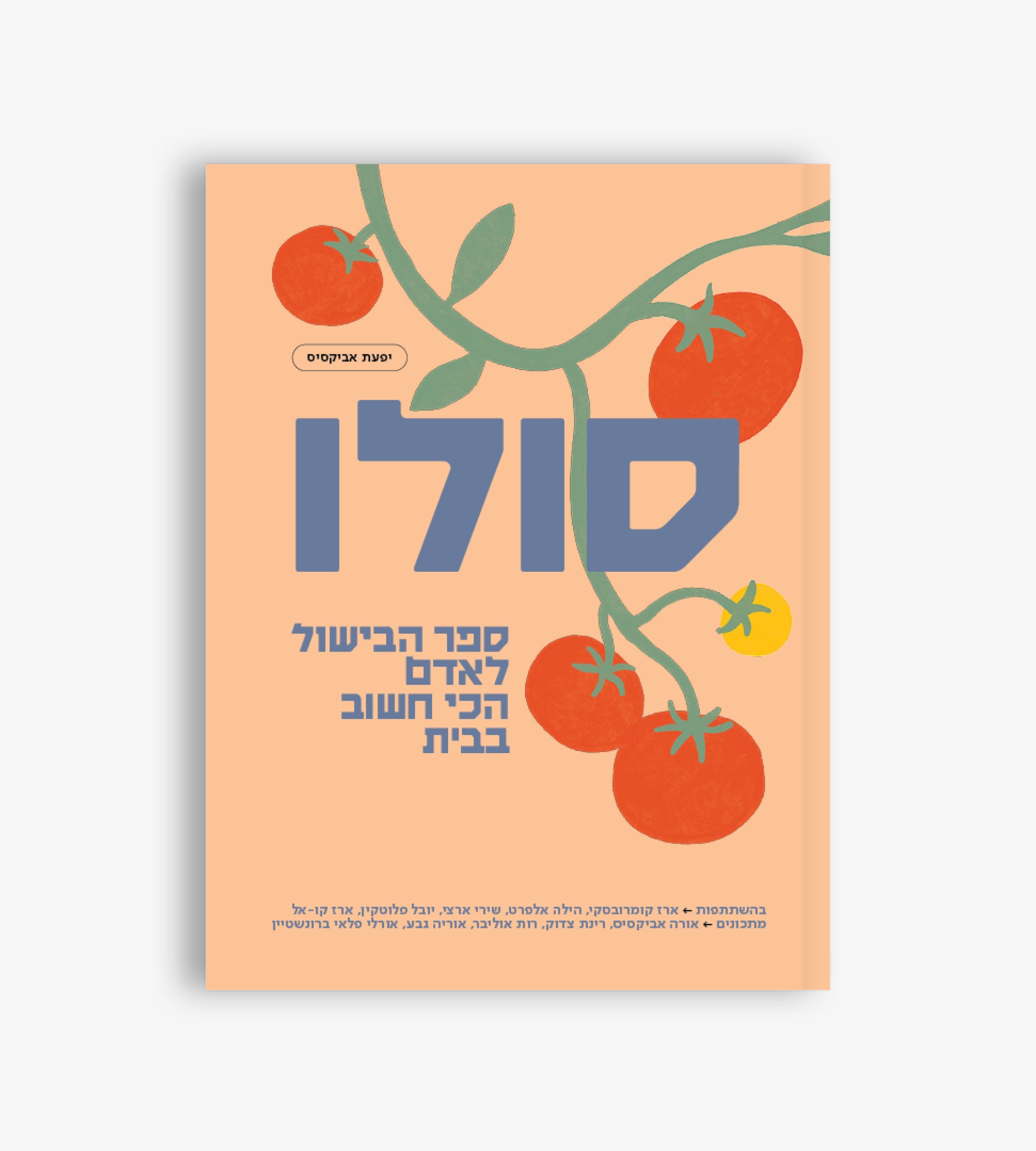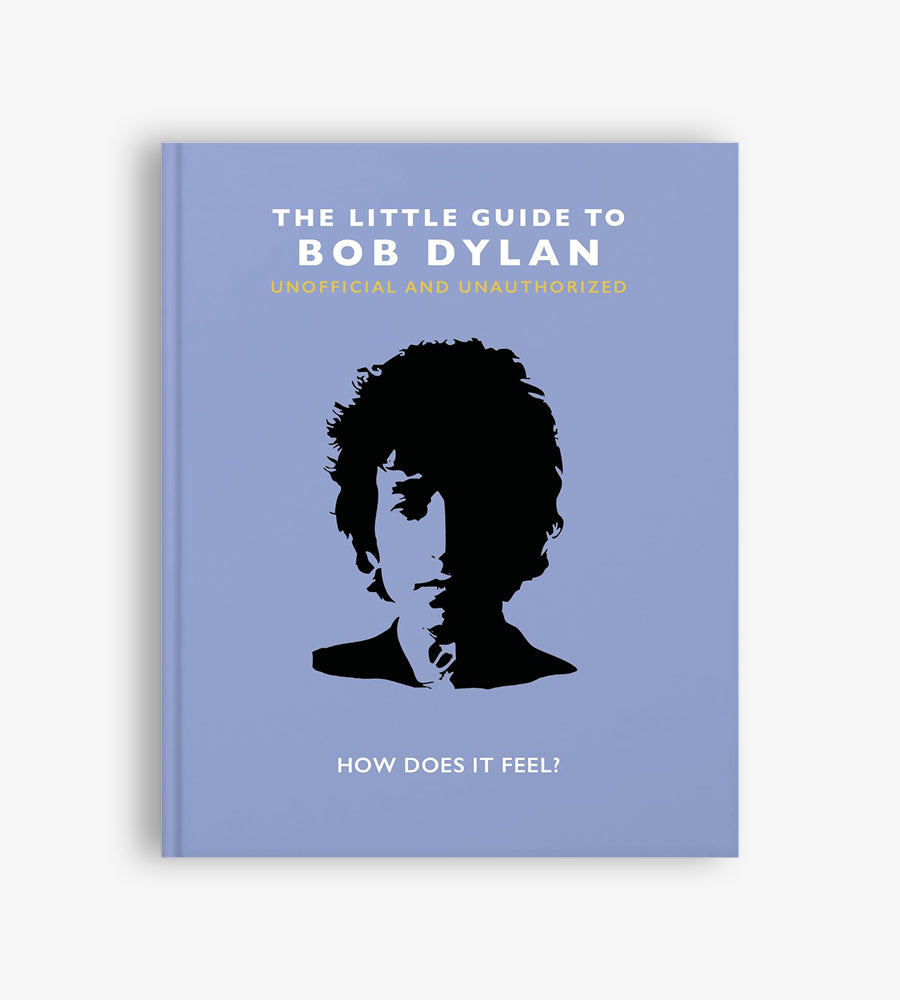Article: Deconstructing the Zohar
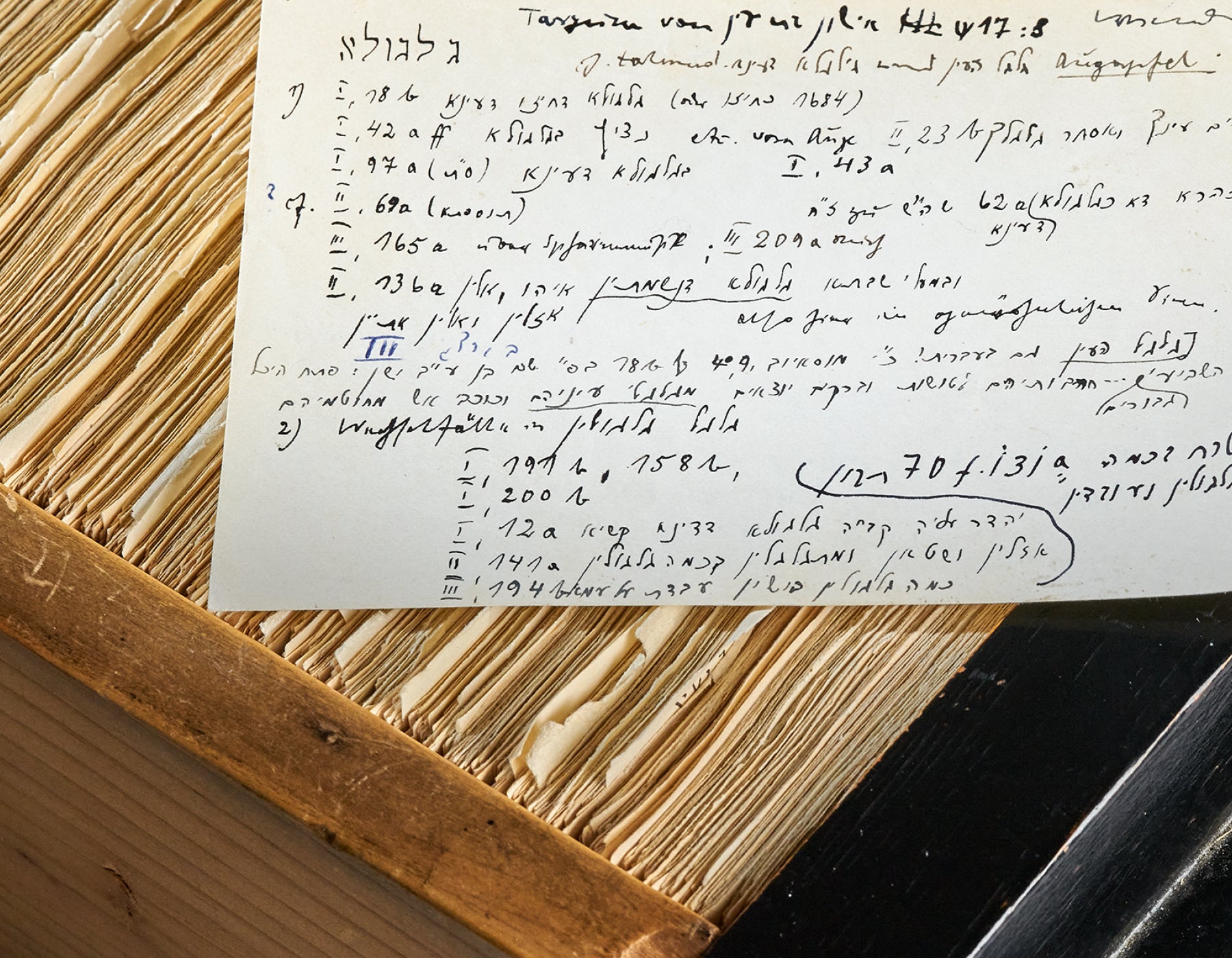
Deconstructing the Zohar
Zvi Leshem

Gershom Scholem (1897–1982), the father of modern Kabbalah research, was one of the first to make academic sense of the Zohar, the most important work of Kabbalistic lore. Scholem was particularly interested in the peculiar Aramaic of the Zohar, which was, in his opinion, actually composed in late thirteenth-century Spain — a historical and geographic context far removed from its ostensible setting of the ancient Land of Israel.
Scholem argued that penetrating its eclectic lexicon was key to understanding the Zohar. He began taking notes on each word of conceptual significance in the Zohar, perhaps anticipating a future dictionary of Zoharic language. He believed that the meaning or meanings of words in the corpus could only be determined by comparing them to other uses and the interpretations of commentators. In the absence of a computer, which would have made this massive undertaking much easier, he wrote on approximately 7,000 white index cards, which he stored in a long, narrow drawer in his huge desk.
Each card deals with a different word from the Zohar and includes citations of its various senses with references to the Zohar, other Kabbalistic texts, and discussions of these words in the works of both early and modern Zohar commentators. His notes discuss the meaning of the word and its connotations, along with other usages and explanations that elucidate the origin of the word and its etymological development from the Bible, Rabbinic literature, or medieval texts.
Today, these cards have been digitized and are accessible on the National Library’s website. The index allows us an intimate peek into the laboratory of the great Kabbalah scholar at work and is still used by scholars when seeking to interpret terms in the Kabbalistic lexicon.


